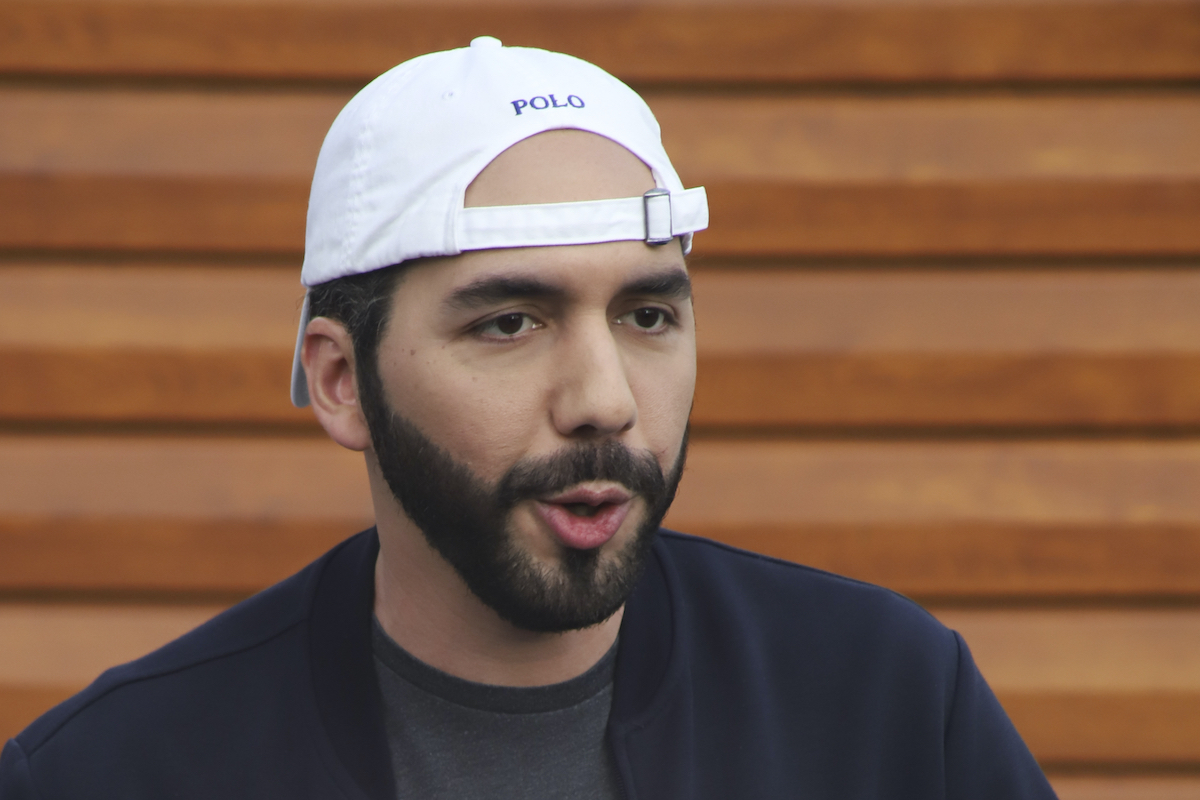

Salvadoran President Nayib Bukele (AP Photo/Salvador Meléndez, File)
Welcome to El Faro English.
El Salvador, in Brief: The new Bitcoin Law is priming Salvadoran banks to run afoul of international regulators and could tip the country into an inflation crisis, says conservative economist Steve Hanke. Skepticism of bitcoin in rural, cash-based economies may also hamper broad public use of the cryptocurrency.
El Salvador’s Bitcoin Law
When the Salvadoran Legislative Assembly passed the Bitcoin Law on June 9, few analysts took as harsh a stance as Steve Hanke, a professor of applied economics at Johns Hopkins University and former economic advisor to Ronald Reagan.
“El Salvador runs a big risk of being economically and financially cut off from the rest of the world,” Hanke told El Faro’s Nelson Rauda in an interview. International money laundering regulators require that banks report information on the traders of virtual assets, he explained, running up against cryptocurrency ledgers’ general prioritization of traders’ privacy.
As a result, “if Salvadoran banks cannot comply with any new regulations,” Hanke continued, “there is the risk that foreign correspondent banks will be concerned about compliance and risk, and will cut off business ties with their Salvadoran partners.”
With less than a month before the Bitcoin Law enters into effect, Hanke claims it’s too late for Salvadoran banks to comply with regulations, therefore making El Salvador an international pariah. As for the government’s plan to create a nationally backed stablecoin, which an El Faro investigation revealed in July, Hanke says the experiment would embroil the economy in an inflation crisis.
“If all of this isn’t bad enough, there’s never been any official document prepared by experts to indicate why the current system in El Salvador should be changed,” Hanke continued. “All this simply indicates that the initiatives… are being undertaken by people with absolutely no expertise or experience in currency reform.”
Informal Economy/Digital Divide
But as the September Bitcoin Law rollout nonetheless approaches, and in an economy that still relies on informal commerce through cash and bartering, the currency shift also poses complex challenges at a local level.
At El Salvador’s “tiangues,” outdoor markets where livestock are bought and sold, not even credit cards or checks are accepted, let alone Bitcoin. A photo essay by Victor Peña for El Faro shows how this centuries-old tradition works and why participants in these micro-economies harbor deep skepticism of bitcoin.
A June survey revealed that six out of 10 Salvadorans reject the Bitcoin law, and 56 percent think it only benefits the business class. Sixty percent of Salvadorans reported that they don’t have a bank account and 68 percent don’t have a credit or debit card.
“The truth is that I don’t know about this Bitcoin thing and I don’t even know what to tell you,” said 30-year-old vendor Wílber. “We don’t know how we’re going to use it.”
Thanks for reading. Reach out to us on Twitter to say hello or let us know what you’d like us to cover. And if you’ve gained from our work, pass it along.


